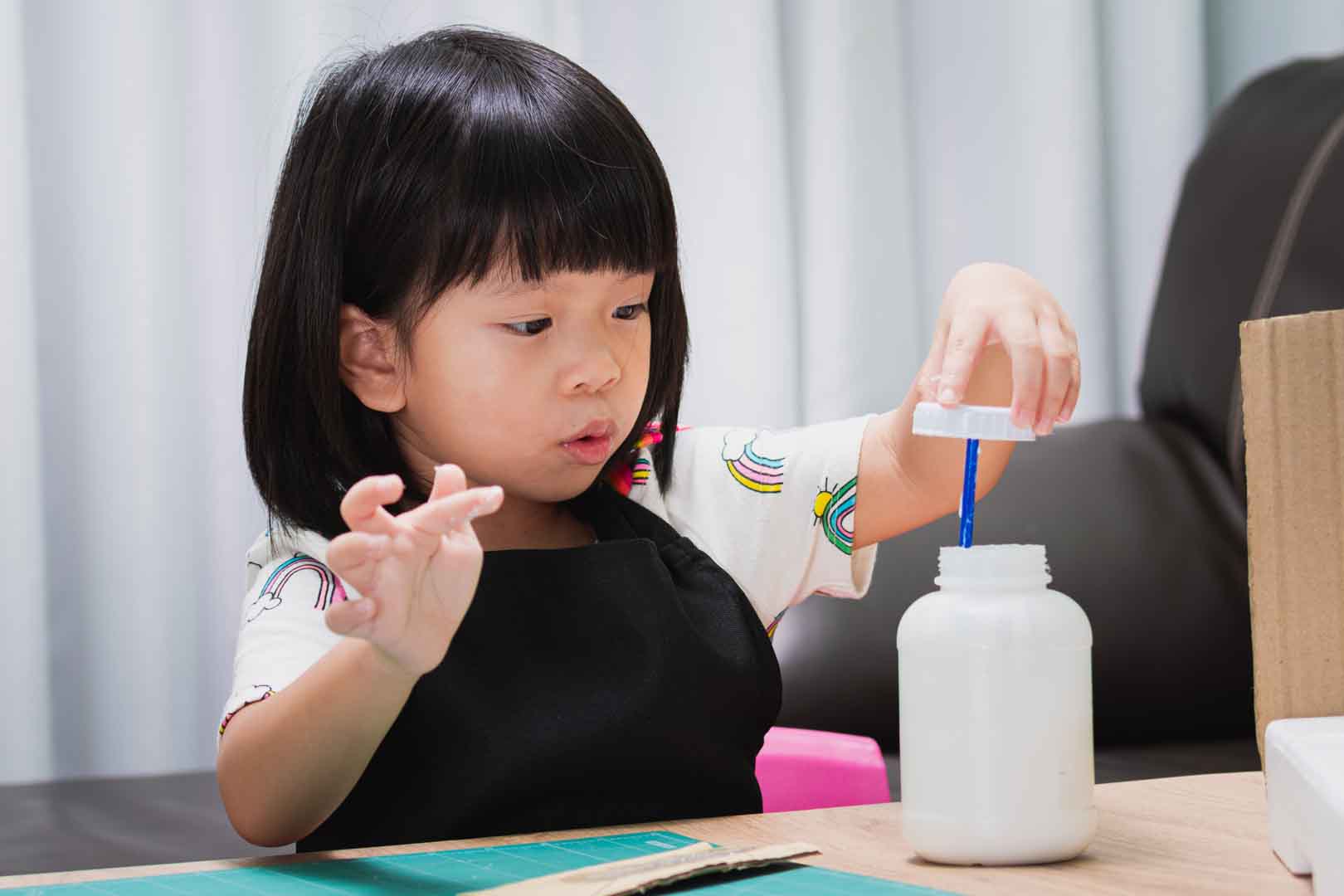Being able to speak clearly is one thing—knowing how to use language in social settings is another. Many children in Phnom Penh struggle with social communication, even if they can form words or sentences. They may talk a lot but miss key cues like tone, turn-taking, or understanding the perspective of others. This is where speech therapy focused on pragmatic language becomes essential.
At OrbRom Center in Phnom Penh, we help children improve not just what they say, but how they say it—so they can build stronger friendships, thrive in group settings, and participate meaningfully in daily life.
What Is Social Communication?
Social communication refers to how we use language in social contexts. It includes:
-
Taking turns in conversation
-
Using appropriate eye contact and facial expressions
-
Understanding body language and tone of voice
-
Knowing how to greet others or join group play
-
Adapting language based on the listener or situation
Children with autism, ADHD, or social anxiety often struggle with these skills. But even children without a diagnosis may need support with social communication—especially after long periods of isolation, limited peer interaction, or screen overuse.
Signs Your Child May Need Social Communication Support
If your child can speak clearly but still struggles to connect with others, you might notice:
-
Difficulty making or keeping friends
-
Talking “at” others instead of “with” them
-
Not understanding jokes, sarcasm, or indirect language
-
Taking things very literally
-
Interrupting or dominating conversations
At OrbRom Center, we help identify these subtle challenges through detailed Developmental Assessments, then create personalized therapy plans focused on real-life social skills.
How Speech Therapy Builds Social Skills
Our speech-language pathologists use evidence-based strategies to build pragmatic language and social understanding. Sessions may include:
-
Role-play: Practicing conversations, greetings, and problem-solving
-
Visual scripts: Step-by-step guides for common situations like asking to play or joining a group
-
Perspective-taking activities: Games and stories that help children understand what others might think or feel
-
Video modeling: Watching and discussing recorded examples of successful social interactions
Therapy is always play-based, age-appropriate, and often includes peers when possible to simulate natural interactions.
Integrating Sensory Support for Better Social Engagement
Children with sensory processing differences may find social situations overwhelming. At OrbRom Center, we create a safe, sensory-aware environment where children can focus on learning without becoming overstimulated.
Tools like the Weighted Sensory Blanket or the Noise Cancelling Headphones help children manage anxiety and sensory input—especially during group therapy or classroom activities. These items are also available in our Sensory Shop for home and school use.
The Role of Parents in Supporting Social Communication
Parents are key partners in helping children generalize new skills. Our therapists offer coaching and home strategies such as:
-
Modeling flexible communication during family discussions
-
Using visual cues or reminders for turn-taking
-
Reading books that explore emotions, friendship, or conflict resolution
-
Encouraging group play, cooperative games, or shared storytelling
With consistent reinforcement at home, children can carry their skills from therapy into real-life situations—school, family events, or the playground.
Who Benefits from Social Communication Therapy?
Social communication support is ideal for:
-
Children with autism spectrum disorder (ASD)
-
Children with ADHD or executive functioning challenges
-
Kids with selective mutism or social anxiety
-
Bilingual children adjusting to new school environments
-
Any child who finds it hard to connect or collaborate with peers
If your child is bright and verbal but often feels left out, misunderstood, or awkward in social settings, speech therapy focused on pragmatic language could be the missing link.
Why Choose OrbRom Center in Phnom Penh
OrbRom Center is a trusted provider of speech and language services for children across Phnom Penh. Our therapists specialize in social communication, combining language instruction with emotional awareness, sensory support, and confidence-building strategies.
Families choose us because we offer:
-
Customized, child-friendly therapy plans
-
A sensory-safe environment
-
Collaboration with teachers and schools
-
Support for both Khmer- and English-speaking children
We meet children where they are—and help them grow into confident, connected communicators.
Conclusion: Stronger Connections Start with Communication
In Phnom Penh, more families are recognizing that clear speech is only one part of successful communication. At OrbRom Center, our speech therapy programs go beyond vocabulary and grammar to focus on the social use of language—the kind of skills that help children build friendships, express empathy, and find their place in the world.
If your child struggles with social interaction, explore our Speech Therapy Services today. Together, we can build the communication skills that create real, lasting connections.
We are the only Preschool specialized on children with special needs in PhnomPenh.
- Internationally qualified teachers
- Cambodia’s largest sensory room
- Outdoor swimming pool
- Covered outdoor playground
📞 Phone: 077.455.993
Telegram Link: https://t.me/OrbRom








Leave A Comment